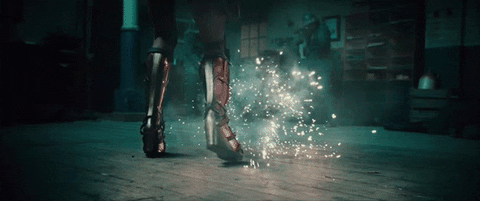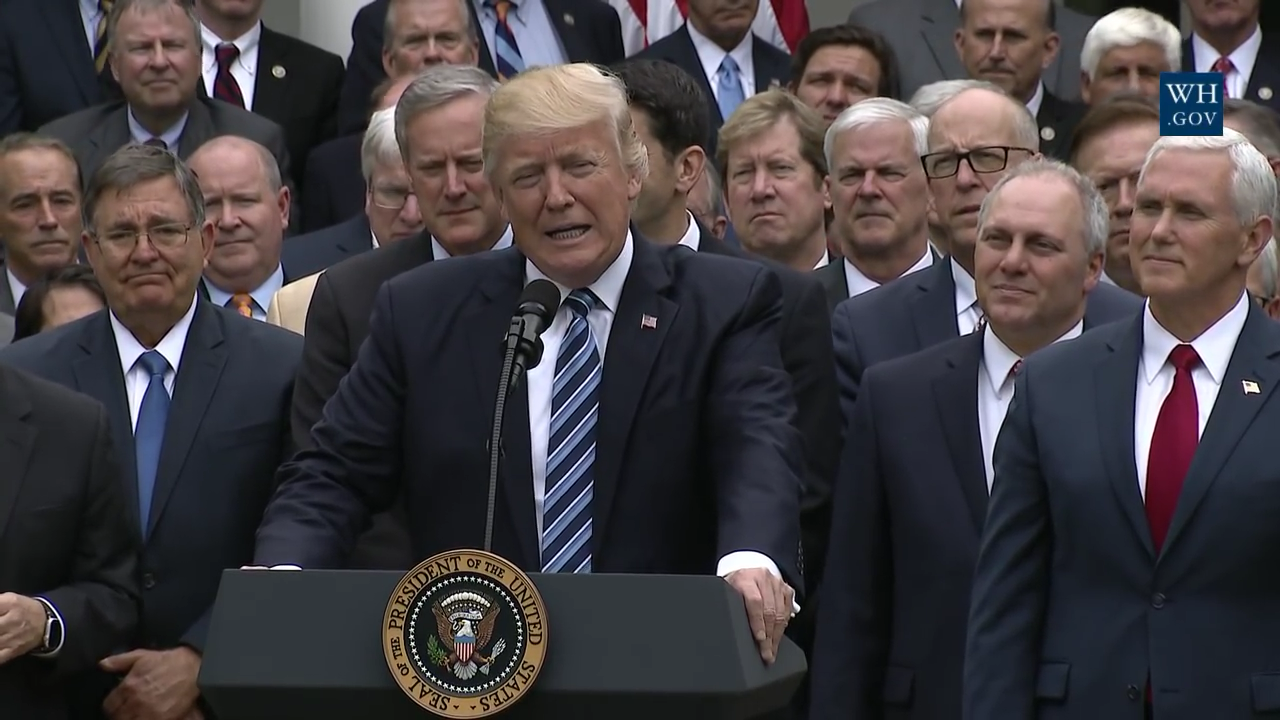Abortion rights, women of color, and LGBTQIA+ people are under attack. Pledge to join us in fighting for gender justice.
The Hidden Powers of Title IX

Throughout middle school, I was anything but the “model minority.” I was inattentive, talkative, and failing 7th grade math, but my stereotypically nerdy appearance became a bubble that prevented teachers from noticing how badly I was struggling in school. Without parents who knew how to navigate the United States public school system, I quietly failed 7th grade math. To make school life worse, my brown skin, dark curly hair, glasses, and braces definitely did not go unnoticed by my peers who labeled me a terrorist and Ugly Betty every day. Without someone on my side at school or at home, I assumed that this was the price I paid for failing to fit in. It wasn’t until college that I realized I didn’t have to pay a price. What I had gone through wasn’t only cruel, but also potentially illegal under Title IX. I had great powers to confront these challenges, but I just didn’t know it yet.
Overlapping forms of racism, sexism, and xenophobia made success in school unnecessarily hard for me. Unfortunately, this is also the case for many Black, Latina, Asian, Native American and Native Hawaiian/Pacific Islander girls, who are less likely to participate in sports and more likely to face hostile learning environments and be disciplined rather than accommodated by teachers. Girls and LGBTQ youth like us need shields that we can use to protect us from discrimination that creates barriers to equal education. For us, that shield is Title IX.

Now, girls like Maya and Deanna Cook are using their shields to assert their Title IX rights to a safe learning environment by fighting against discriminatory policies that police their hair and bodies. While Mystic Valley Charter School’s policy of prohibiting braided hair extensions theoretically applies to everyone, it almost exclusively affects Black and biracial girls, who often wear their hair in braids.
Transgender students Gavin Grimm and Ashton Whitaker unapologetically wield their swords to enforce their rights to equal treatment in their schools. Challenging their schools’ discriminatory policies that prevented them from using the bathroom corresponding to their gender identity, Gavin and Ashton pursued legal action against their respective schools for violating their Title IX rights. Gavin’s case is still pending before court, while Ashton recently won his fight to be treated according to his gender identity!

Wielding their lassos of truth, Bella and Emily pushed their school district to investigate their sexual assault cases. However, when their school district failed to enforce the Title IX requirement that schools actively address sexual harassment, Bella and Emily organized protests speaking out against their school district. Thanks to Bella and Emily’s advocacy, the school district is now investigating more sexual assault complaints, and it provides Title IX training for its staff to provide a safer learning environment for survivors of sexual assault. The girls also lead community support groups for survivors and raise awareness about students’ Title IX rights.

Even though Title IX protects pregnant and parenting students by prohibiting schools from treating them differently while also accommodating the realities of pregnancy, , too many schools across the country continue to ignore their responsibilities to pregnant girls. After finding out about her pregnancy, Kamaria Down’s school demanded that she move out of the dorms. She fought back and changed her school’s policy not only for herself, but also for those who came after her.

Eight years later, I finally learned that I don’t have to fit in. My complex identities are not weaknesses but strengths. Now, it’s clear to me that Title IX’s hidden powers shouldn’t remain hidden anymore. It’s our job to ensure that students of all ages recognize that they are the true superheroes who have the legal weapons they need to destroy discrimination in all its forms.




